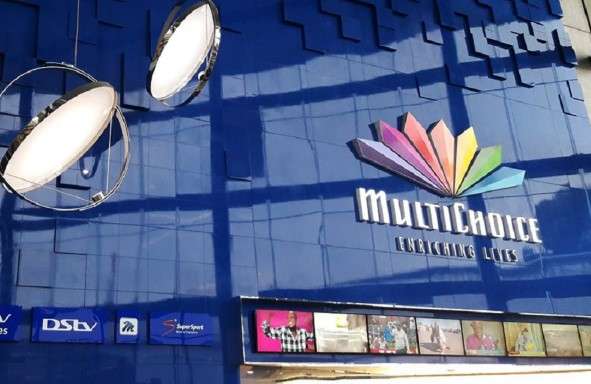France-based media powerhouse Canal+ has secured final regulatory approval to acquire African broadcasting giant MultiChoice, in a $2 billion transaction that signals a major realignment in the global media landscape.
The South African Competition Tribunal gave the green light this week, with several conditions aimed at safeguarding local content creation and sports programming.
The deal, expected to be finalized by October 8, will see Canal+ which already owns over a third of MultiChoice—gain full control of the company behind DSTV, GOtv, and streaming platform Showmax. Shares were valued at 125 rand each, placing MultiChoice’s full valuation around 55 billion rand.
Canal+, a subsidiary that recently separated from Vivendi and listed independently on the London Stock Exchange, has been steadily building its stake in MultiChoice for over a year. This acquisition deepens its commitment to African markets, particularly English-speaking countries, where it sees tremendous growth potential.
“This is a hugely positive step forward,” said Maxime Saada, CEO of Canal+. “We aim to bring together two iconic companies to create a media champion that serves Africa’s growing appetite for local and global entertainment.”
The company has already made notable investments in African-produced drama series and is expected to ramp up spending significantly post-acquisition.
Conditions to Protect Local Industry
As part of the tribunal’s approval, Canal+ must maintain MultiChoice’s current investment levels in South African general entertainment and sports content. Additionally, the deal includes provisions for continued collaboration with local content creators—aiming to preserve and promote African storytelling and talent.
Calvo Mawela, CEO of MultiChoice, described the acquisition as a milestone that reflects the company’s long-term vision. “This merger allows us to scale our ambitions and remain deeply rooted in the communities we serve,” he said.
Why It Matters
Industry analysts note that the merger could transform Showmax into a stronger contender against global giants like Netflix and Amazon Prime, especially if bolstered by Canal+’s European distribution networks. For African filmmakers, the deal presents both opportunity and uncertainty offering wider platforms but also raising concerns about editorial independence and cultural ownership.
The acquisition arrives at a time when African digital economies are expanding, and local tech and creative industries are gaining global traction. However, some experts warn that an increasing reliance on foreign capital may lead to homogenization of African content.
As both parties work toward completing the transaction in the coming months, all eyes will be on how the new ownership reshapes MultiChoice’s programming, strategy, and commitment to local creators.
The deal may well mark a turning point in the global relevance of African media—but whether that shift empowers or marginalizes local voices remains a question only time, and programming choices, will answer.
Talking Points
Africa’s Screens, Europe’s Vision? The Canal+ acquisition of MultiChoice may look like a win on paper, but it’s another reminder that African media giants rarely stay African-owned for long.
With Showmax, DSTV, and GOtv now under French control, how much influence will African creators really have over content that defines their own culture? There’s a difference between being featured and owning the platform.
Where’s the African Big Tech Play? Why is it always foreign capital doing the consolidating in Africa’s digital economy? From fintech to media, Africa keeps producing valuable platforms, only for foreign companies to swoop in when it’s time to scale.
This points to a deeper issue: a lack of regional investment muscle to protect and grow African-born tech and media firms into global players.
A Deal With Promise If They Keep Their Word. The conditions imposed by the South African Competition Tribunal like supporting local content and maintaining sports funding are commendable, but how enforceable are they over time?
With profits at stake, will Canal+ still be investing in grassroots South African stories five years from now, or pivoting to safer, more global-friendly formats?





